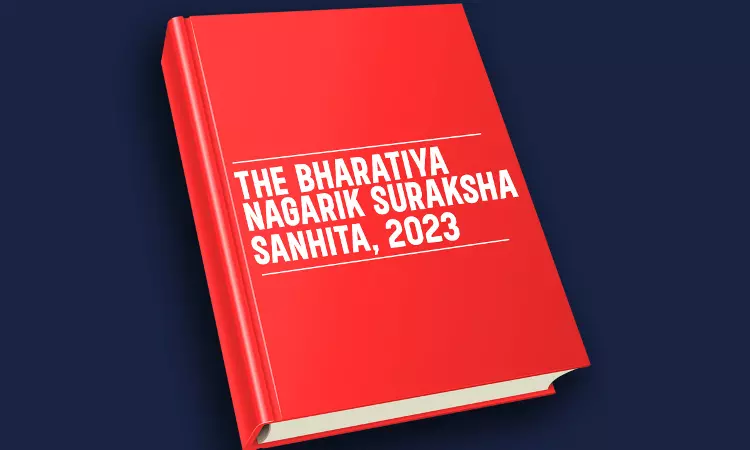A previous article discussed the changes made in the Bhartiya Nagrik Suraksha Sanhita, 2023 (“BNSS”) concerning the opportunity of hearing granted to the accused before taking cognizance of an offence by a magistrate. This piece discusses the changes in the BNSS regarding the procedure for dealing with complaints against public servants in relation to acts in the discharge of...

